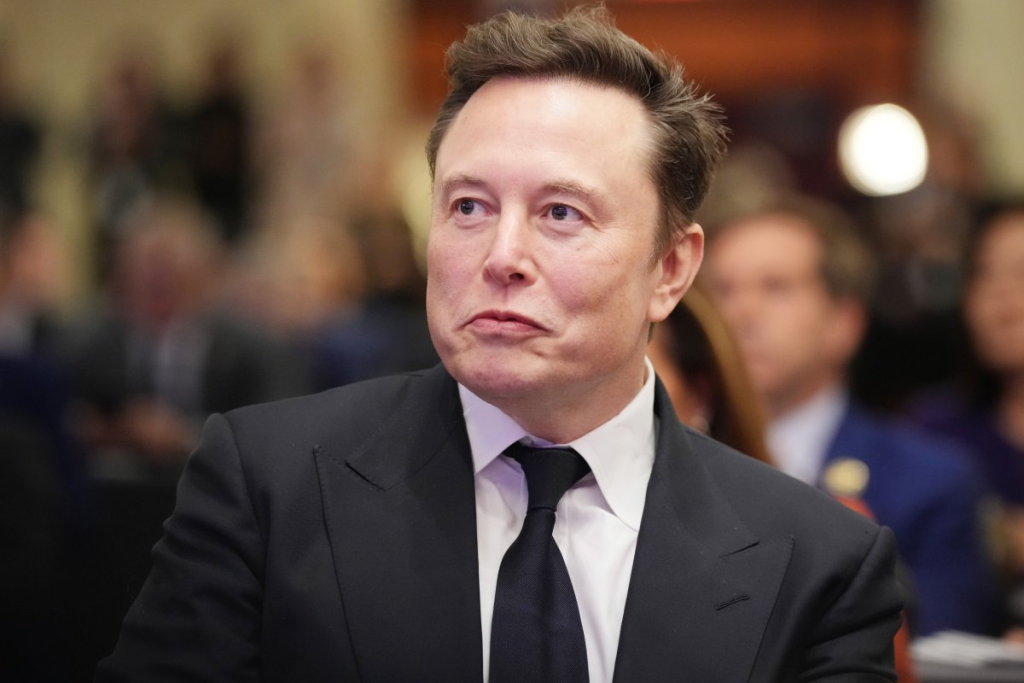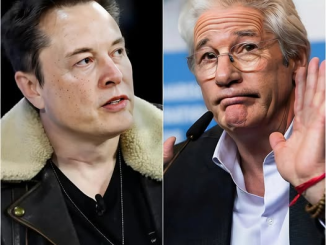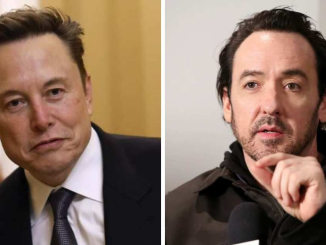
Recent reports indicate that Elon Musk’s companies, notably SpaceX and Tesla, receive approximately $8 million daily from U.S. government contracts and subsidies. This financial relationship has sparked debate, especially given Musk’s role as head of the Department of Government Efficiency (DOGE), where he advocates for reducing federal spending.
Government Funding to Musk’s Enterprises
SpaceX has been awarded nearly $20.7 billion in government contracts, research grants, and other public assistance, with about $8.7 billion disbursed to date. Tesla and SpaceX combined have received approximately $18 billion in government funds over the past decade. These figures encompass contracts with NASA, the Department of Defense, and various state and federal incentives aimed at promoting renewable energy and space exploration.
Controversy Surrounding DOGE’s Savings Claims
As the leader of DOGE, Musk has pledged to cut federal expenditures significantly. However, some of the department’s reported savings have come under scrutiny. For instance, DOGE claimed an $8 billion saving by canceling a contract with the Immigration and Customs Enforcement (ICE) agency. Investigations later revealed that the actual value of the contract was $8 million, suggesting a substantial overstatement of savings.
Proposed “DOGE Dividend”
In light of the reported savings, there have been proposals to redistribute a portion of these funds directly to taxpayers. Dubbed the “DOGE Dividend,” this initiative suggests allocating 20% of the savings to citizens, potentially resulting in payments of around $5,000 per household. While this proposal has garnered political interest, experts caution about its feasibility. Challenges include legal hurdles, potential inequities—since benefits would primarily go to households with federal tax liabilities—and concerns about exacerbating the national deficit.
Debate Over Government Support
Critics argue that while Musk’s companies benefit substantially from government funds, his role in advocating for reduced federal spending presents a conflict of interest. They question the ethics of receiving significant taxpayer money while promoting austerity measures that could impact public services. Supporters, however, contend that partnerships between the government and private sector are essential for advancing technology and innovation, and that Musk’s initiatives aim to enhance efficiency and reduce wasteful spending.
In summary, the financial ties between Elon Musk’s enterprises and government funding, combined with his leadership of DOGE, have ignited discussions about fiscal responsibility, transparency, and the role of public-private partnerships in achieving national objectives.


